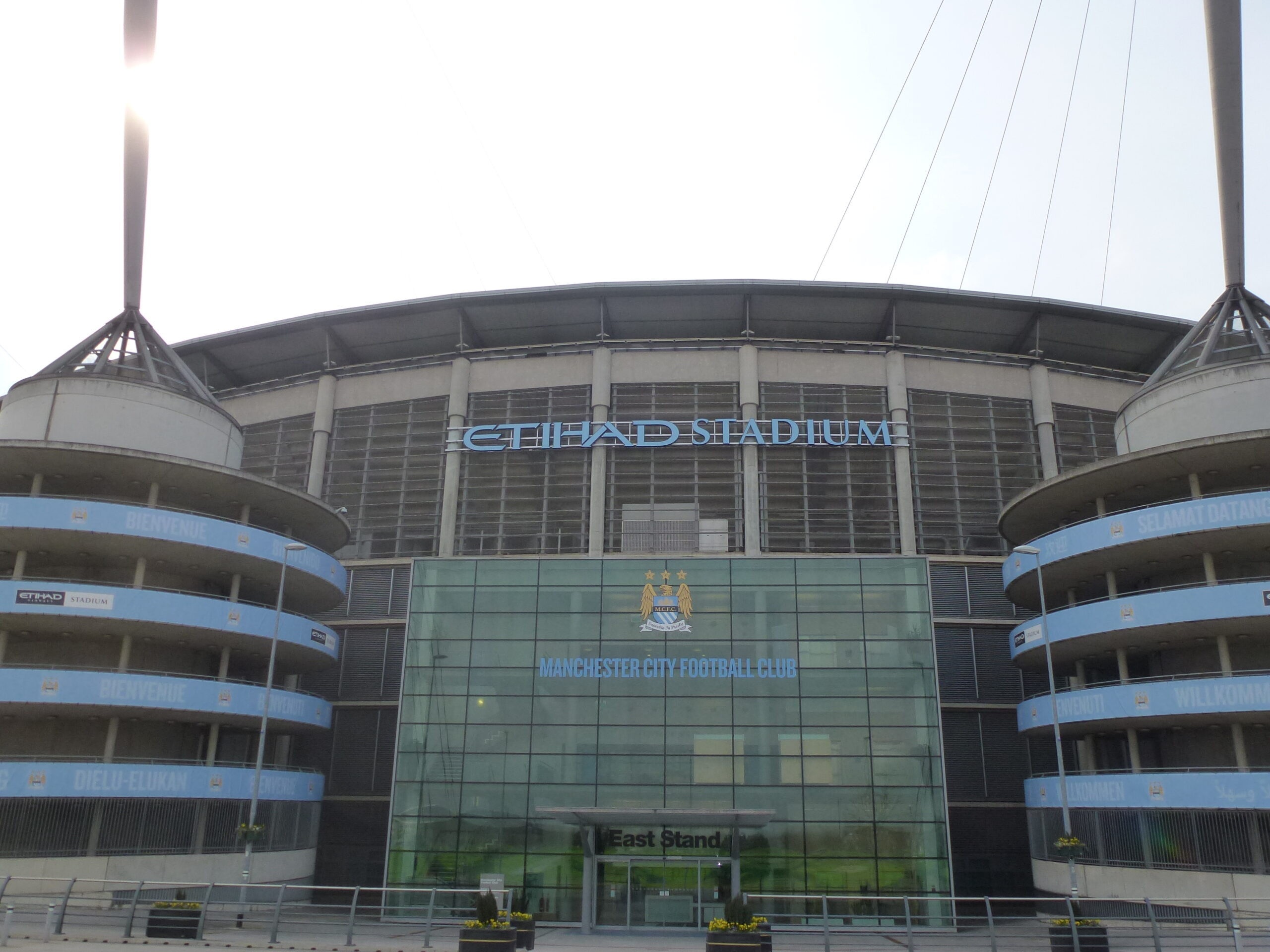European club football’s season is set to culminate with the UEFA men’s Champions League final being staged in Istanbul, Manchester City of the English Premier League facing Italian Serie A team Internazionale of Milan in the competition’s deciding match.
On-field, it should be an action-packed showcase for European football, off-field it is less likely to be the case. After all, City is Abu Dhabi-owned whilst Inter’s owners are Chinese.
In 2008, City were acquired by the Abu Dhabi United Group for Development and Investment, an organisation closely intertwined with the Gulf emirate’s government. Indeed, City’s chairman is Khaldoon Khalifa Al Mubarak who, amongst other things, is Chief Executive Officer of the Mubadala Investment Company, Abu Dhabi’s sovereign wealth fund.
Since 2016, Inter has been majority-owned by a Chinese holding company, Suning Holdings Group. Suning was established in 1990 by Zhang Jindong, a Chinese Communist Party member, though it is Jindong’s son – Kangyang – who is chairman of Inter. The Suning corporation nevertheless plays host to a branch of the CCP, in fact Chinese government recently instructed domestic lenders to bailout Suning from its ongoing financial problems.
Both clubs have become global advertising billboards for their respective nations; City are sponsored by Abu Dhabi companies such as state-owned airline Etihad, Experience Abu Dhabi, and E&. Inter’s sponsors count amongst their number Chinese owned companies including Lenovo, Hisense, and Volvo. Yet owning two high-profile, successful European football clubs is neither for the purposes of vanity nor simply a marketing exercise, there is hard geopolitics at play.
Abu Dhabi’s investment in City has evolved to such an extent that it is now a global franchise network, known as City Football Group. Though some observers view this development as an attempt to achieve sporting dominance, the network is arguably more an instrument of geopolitical policy and strategy than it is anything else.
Towards the end of 2015, China Media Capital acquired a stake in CFG, which currently stands at 8.2% of CFG’s overall ownership. The CMC announcement coincided with China’s President Xi’s visiting Manchester, during which he met Al Mubarak and then British prime minister David Cameron. Also present was CMC chairman, Li Ruigang, another CCP member and former government official.
The convergent interests of Abu Dhabi and China at Manchester City were, however, only one part of broader, strengthening relations between the two. For almost a decade, these had been described as close and brotherly. Hence, also in 2015 Abu Dhabi and China launched a Joint Investment Cooperation Fund. Meantime, the Gulf state has continued to be a supportive member of Xi’s signature Belt and Road Initiative, a grand vision aimed at promoting global infrastructural and trade development.
By 2018, Al Mubarak had been appointed to an additional role as Abu Dhabi’s Presidential Special Envoy to China. A year later, CFG revealed that it would be opening a new Chinese franchise, in Chengdu, a city with a reputation not dissimilar to Manchester’s (as a hub for music, arts, and culture). Perhaps more significantly, the day before this announcement, Etihad confirmed that Chengdu Airport would become a major transit hub for the airline.
Yet the tie-ups between CFG, Abu Dhabi, China, and the BRI don’t end there. In 2022, the football franchise business acquired Italian club Palermo, in a deal worth €13 million. At the same time, some analysts have been calling for China’s Mediterranean exploits to be more closely scrutinised.
China has been engaged in BRI port investments across the Mediterranean, one observer noting that the Sicilian seaport of Palermo is of particular interest to the CCP. Not only is the port of Palermo the largest in Sicily it is arguably the most important in the Mediterranean. Football as the means to other ends has often been the underlying motive for both Abu Dhabi’s and China’s investments in European football.
Further evidence of this can be found in the organisation that holds the rights to broadcast Italian Serie A matches in the Middle East and North African: Abu Dhabi Media, a state-owned enterprise. Furthermore, Mubadala has recently been betting big on China, spending hundreds of millions of dollars on investments in the country.
Like Abu Dhabi, Italy is also a member of the Belt and Road Initiative (albeit in recent months the country has been putting plans in place to leave it), though Milan doesn’t offer the port or strategic coastal benefits that Palermo does. Even so, links between the club and the CCP have enabled China to project itself in key territories, for instance the Adriatic where China has also invested in football (for instance, in Croatia).
In Milan itself, for over a decade there have been discussions about the creation of a new stadium. Inter shares the venue with city rivals AC, and there have been rumours for almost a decade that China Railway Construction Company is keen to lead on construction of the new stadium. Such a large-scale infrastructural construction project is entirely consistent with BRI.
CRCC also has connections to the Arab world; it worked in a joint venture to build the Lusail Stadium in Qatar, which hosted the final of last year’s FIFA men’s World Cup. At the same time, it was subject to a United States government order prohibiting any American company or individual from owning shares in it because of links to China’s People’s Liberation Army. CRCC not only started its life as the railway division of the CPLA some of its senior officials are CCP members.
As some fans anticipate Manchester City winning its first Champions League trophy, others are hoping that Inter Milan will repeat its 2010 victory in the competition. Whatever the outcome, the bigger winners of this high-profile contest are more likely to be Abu Dhabi and China.
The views expressed in the Near East Policy Forum are those of the authors and do not represent the views of the Near East Policy Forum or any of its partner organisations.




